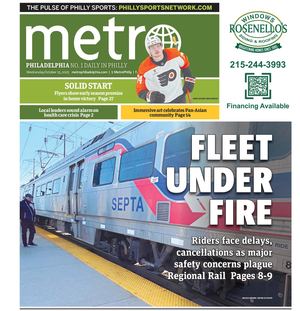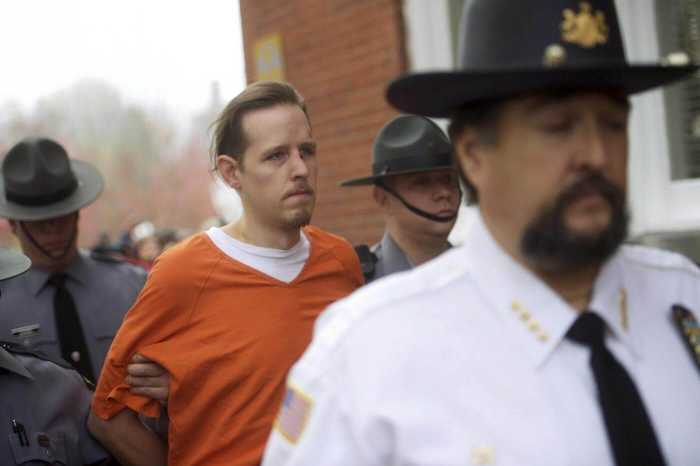By Daniel Kelley
PHILADELPHIA (Reuters) – Philadelphia’s financially distressed school district, one of the country’s biggest battlegrounds over the expansion of charter schools, approved five new charters on Wednesday in a contentious meeting marked by protests, shouting and arrests. The vote by the Philadelphia School Reform Commission, formed in 2001 as part of a state takeover of the city’s education system due to financial problems and low test scores, marked the first time in seven years it has considered new charters in the city. The vote added 2,684 new charter school seats, though district officials said the actual number is much lower as many of the seats will replace those from charters the district is closing. A total of 39 charter schools applied. Nearly 80 people spoke at the five-hour meeting, which was at times flanked by dozens of police officers. The crowd frequently shouted down speakers who were encouraged to keep talking despite the interruptions to save time. Four people were arrested for disorderly conduct. “I don’t see where this ends. I see this as continuing to chip away at the foundation of our school system,” said Bob Previdi, a parent who sends two children to a prestigious district magnet school. The district already has 86 charter institutions, public schools that operate independently and offer an alternative to schools run by the local school district.Proponents say charters can help get students out of low-performing schools. “Expand what works and change the trajectory of lives in this city,” said Aaron Bass, who advocated for the new schools.
The American Federation of Teachers has fought against the nation’s expansion of mostly non-unionized charter schools, including in Philadelphia, arguing that some of the schools fail and that they lack accountability and transparency. RAPID RISE IN ENROLLMENT
Despite the lack of new charter licenses in years, the schools have grown rapidly in Pennsylvania as the district has turned over some under-performing schools to charter operators and existing charters have expanded. Charter school enrollment has doubled since 2007, when the they served 32,000 students. They now educate 30 percent of the Philadelphia system’s 207,000 students, according to district figures. They also account for about a third, or $766.7 million, of the district’s $2.5 billion budget, which is an uptick from 2011, when charters took up just 18 percent, according to district budget documents. Opponents warn that approving new charter seats could deny resources to existing public schools. When students transfer into charters, they essentially take their funding with them but leave the traditional schools stuck with the fixed costs like building maintenance and central administration. Charters receive about $10,000 a year for each student they enroll, the same as the district spends on students in other schools. But according to an analysis by the Boston Consulting Group, each charter seat costs the district on average about $7,000 in costs it cannot shed. Unlike most school boards, the commission does not have taxing authority and must rely on appropriations from the state and city to cover shortfalls in property tax receipts.
Pennsylvania Governor Tom Wolf, a Democrat who beat incumbent Republican Governor Tom Corbett in November in part because some voters said Corbett had underfunded the state’s public schools, opposed the vote. “The Wolf Administration continues to believe that the district’s financial situation cannot responsibly handle the approval of new charter schools,” Wolf’s office said in a statement following the vote. (Reporting by Daniel Kelley in Philadelphia; Editing by Hilary Russ, Curtis Skinner and Cynthia Osterman)



























